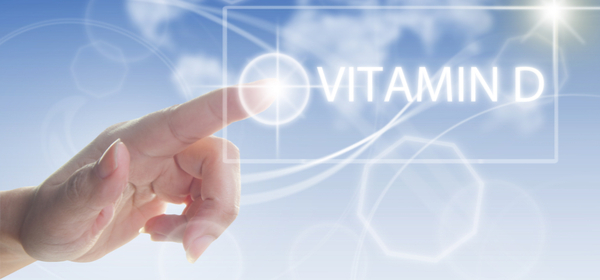A medical friend once told me that too many people only go to the doctor when they have a problem.
“We book in our cars for regular services to avoid problems, but we don’t have regular check-ups with our doctor. Crazy,” she said.
Her words resonated and since then I’ve had an annual check-up, which includes blood tests, weight and height checks and whatever else my doctor suggests.
The one thing she has stressed in recent years is taking a vitamin D/calcium supplement – every day, not just when I feel like it, as I was doing.
There are mixed messages about vitamin supplements, with some experts advising that if we eat well then supplements are a waste of money. But my GP was emphatic about the need to take vitamin D once I’d hit my 50s.
Jean Hailes dietician Stephanie Pirotta says that bone mineral density usually starts to decrease, particularly in women, once we reach our 50s because of hormonal changes associated with menopause.
“Vitamin D helps to strengthen your bones and assists with calcium absorption,” she says.
“About 20 minutes of daily sunshine (depending on the time of year, where you are in Australia and your skin colour) should increase your vitamin D levels. Otherwise, a vitamin D supplement may be appropriate. And make sure you keep up the calcium too.”
Adequate nutrient intake was next on my doctor’s list.
“Are you eating enough protein?” she asks, explaining that our digestive systems are not as efficient at absorbing nutrients as we age – and our appetites may decrease – even though our nutrient requirements remain about the same.
Jean Hailes naturopath Sandra Villella says that proteins – fish, seafood, chicken, red meat, nuts, dairy, legumes (such as beans, chickpeas and lentils) and seeds – help us to retain lean muscle mass, which is vital in keeping us fit and mobile.
“Protein also promotes feelings of fullness and appetite satisfaction, so we don’t snack excessively on sweets,” she says.
Okay, Vitamin D/calcium, adequate protein, what else?
Zinc, she says, but if you eat enough protein that shouldn’t be a problem. A zinc deficiency can cause difficulties with memory, learning, concentration and decision-making, and increase the risk of depression and mood problems.
And drink more water, be careful with your salt intake, be mindful of how much alcohol you’re drinking, keep up the weight-bearing exercise …
Related articles:
Can thinning hair be reversed?
Are multivitamins a waste of money?
How to care for your skin when you travel

